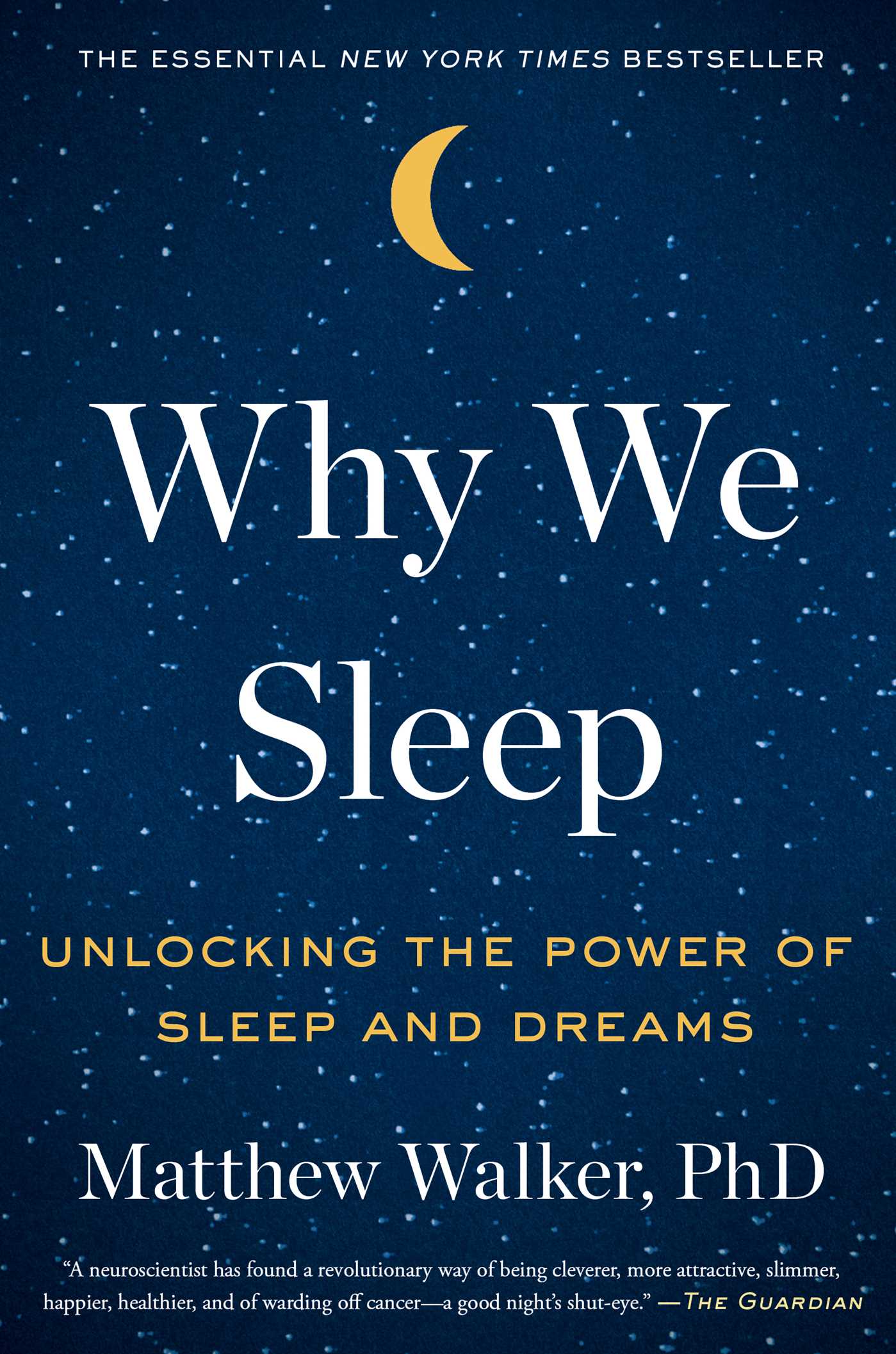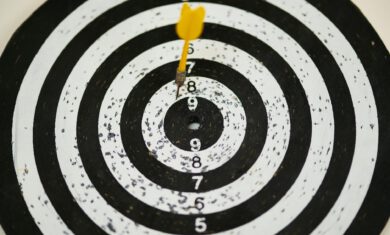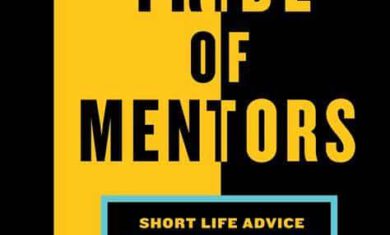I just finished the book “Why We Sleep“, and while there weren’t any stunning findings in there, there were a lot of little things that I never knew before.
I’ve always considered sleep to be a “let your body rest, and your mind does some REM stuff too”, but it turns out the mind part of things (with both REM and NREM) are vitally important. The book makes the case that sleep is the most important thing you can do for your health, and it shares this great paragraph:
“AMAZING BREAKTHROUGH! Scientists have discovered a revolutionary new treatment that makes you live longer. It enhances your memory and makes you more creative. It makes you look more attractive. It keeps you slim and lowers food cravings. It protects you from cancer and dementia. It wards off colds and the flu. It lowers your risk of heart attacks and stroke, not to mention diabetes. You’ll even feel happier, less depressed, and less anxious. Are you interested?”
Health
In terms of health, these two statements sum up much of it:
“Routinely sleeping less than six or seven hours a night demolishes your immune system, more than doubling your risk of cancer.”
“Adults forty-five years or older who sleep fewer than six hours a night are 200 percent more likely to have a heart attack or stroke during their lifetime, as compared with those sleeping seven to eight hours a night.”
Caffeine
While I’ve largely given up caffeine in my life, I’ve never really understood how it works. One big thing that caffeine does is to simply block the adenosine in your body (the “sleepiness chemical”), but it doesn’t get rid of it — it just holds it back for a while. From the book:
“For the entire time that caffeine is in your system, the sleepiness chemical it blocks (adenosine) nevertheless continues to build up. Your brain is not aware of this rising tide of sleep-encouraging adenosine, however, because the wall of caffeine you’ve created is holding it back from your perception. But once your liver dismantles that barricade of caffeine, you feel a vicious backlash: you are hit with the sleepiness you had experienced two or three hours ago before you drank that cup of coffee plus all the extra adenosine that has accumulated in the hours in between, impatiently waiting for caffeine to leave.”
Older Adults
Older adults tend to sleep less than younger adults, because they don’t need as much sleep, right? Nope.
“That older adults simply need less sleep is a myth. Older adults appear to need just as much sleep as they do in midlife, but are simply less able to generate that (still necessary) sleep.”
ADHD
According to the author, more than half of ADHD cases in children are really just issues of lack of sleep.
“We estimate that more than 50 percent of all children with an ADHD diagnosis actually have a sleep disorder, yet a small fraction know of their sleep condition and its ramifications. A major public health awareness campaign by governments—perhaps without influence from pharmaceutical lobbying groups—is needed on this issue.”
You get used to not sleeping enough, and that’s not a good thing
I’ll leave us with this one. People that lack enough sleep will have issues with energy and alertness, but over time you get used to living that way. A bit more sleep could make a huge difference to so many of us!
“Similarly problematic is baseline resetting. With chronic sleep restriction over months or years, an individual will actually acclimate to their impaired performance, lower alertness, and reduced energy levels. That low-level exhaustion becomes their accepted norm, or baseline. Individuals fail to recognize how their perennial state of sleep deficiency has come to compromise their mental aptitude and physical vitality, including the slow accumulation of ill health.”
It’s a fantastic book and I encourage you to check it out. If you’ve already read it, what are some of the things that stood out to you?




